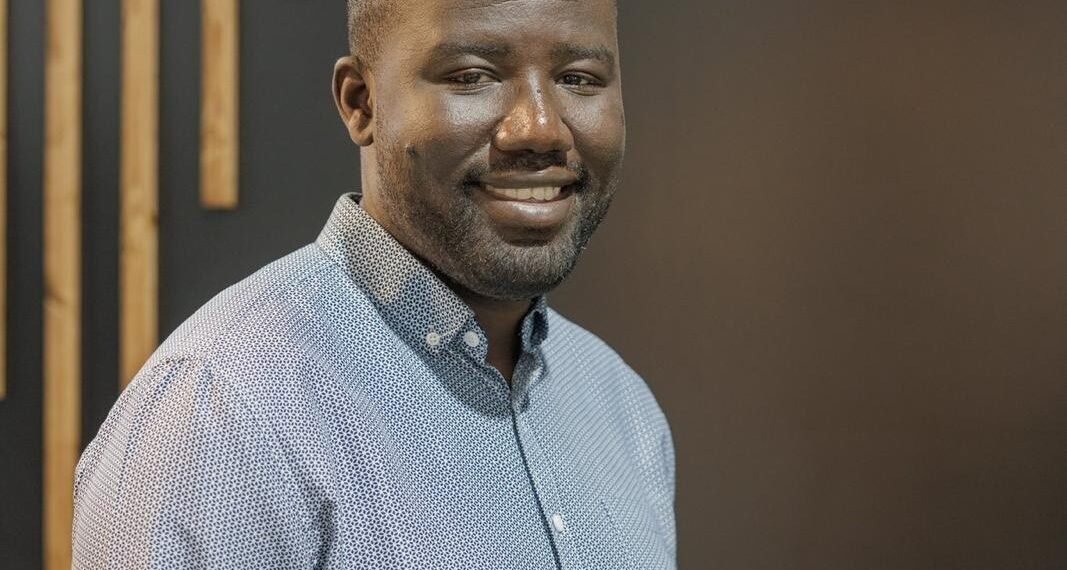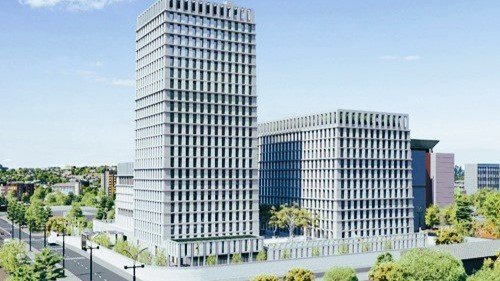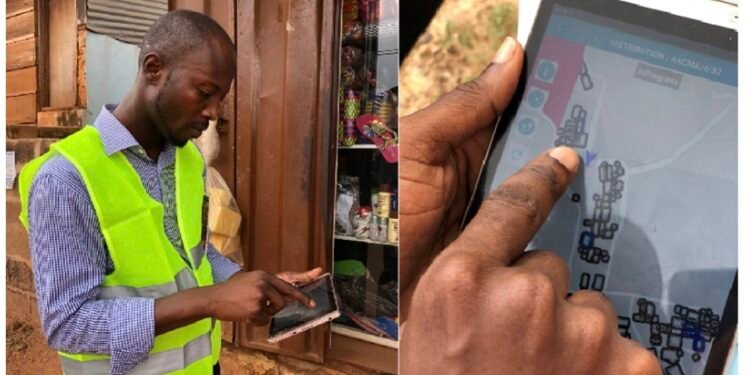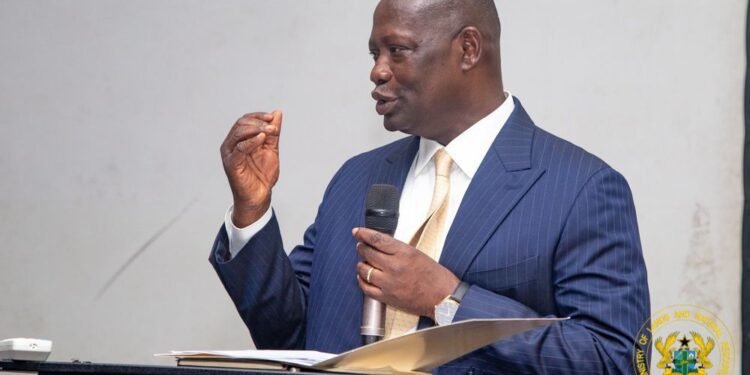Data and Policy Analyst Alfred Appiah has called on the new administration to take decisive steps to address what he describes as deep governance and performance failures in Ghana’s Free Wi-Fi initiative for senior high schools, colleges of education, and educational offices.
Mr. Appiah’s call follows last year’s investigative report by The Fourth Estate, which revealed that despite huge public spending on the project, the promised internet service was largely unavailable or unreliable.
The government had entered a single-source contract with Busy Internet, initially to provide connectivity to high schools, later extending it to colleges of education and regional and district education offices.
The deal involved a one-time installation fee of 84 million cedis and a monthly service cost of 11.5 million cedis—up from the original 6.4 million cedis.

“The overarching theme from the investigation was that the country was paying for Wi-Fi that was essentially not working. In a typical Ghanaian government response, denials were issued.
“Around the same time, the Auditor-General was also in the field reviewing the same Wi-Fi project. The Auditor-General has essentially confirmed what the Fourth Estate found, and more.”
Data and Policy Analyst Alfred Appiah
According to Appiah, the Auditor-General’s report revealed four major concerns. First, governance was “extremely poor” from the start. There were no written policies guiding implementation, no clearly assigned roles for monitoring performance, and no technical oversight to ensure contract obligations were met.
Although the Ministry of Education established a connectivity committee, Appiah noted that its work focused more on processing invoices from the vendor than on assessing service quality. Even though the service was meant to enhance teaching and learning, “there were no key performance indicators to measure that,” he stressed.
Second, most institutions did not receive the promised bandwidth or internet speeds stated in the contract. “The service being delivered is not what was paid for,” Appiah remarked, emphasising that such performance gaps undermine trust in public procurement.

Third, the Wi-Fi’s unreliability forced all sampled beneficiary institutions to find alternative sources of internet connectivity, a fact the analyst described as “damning for a programme of this scale.”
This, he argued, raised serious concerns about whether the initiative offered value for money, especially in a sector as critical as education.
No Proper Monitoring of Service
Fourth, there was no proper monitoring of service levels. In many cases, what the vendor billed did not match the services actually delivered. Although the review committee sometimes rejected invoices, Alfred Appiah said the rejections were “not nearly enough to reflect the widespread dissatisfaction from users.”
With the five-year contract due to expire this year, Alfred Appiah questioned whether the new administration would confront these governance and performance flaws before making decisions on renewal or embarking on a fresh procurement process.
Significantly, the new administration, led by Attorney-General and Minister for Justice Dr. Dominic Ayine, has disclosed that his outfit is already investigating the matter. For Appiah, this disclosure is a positive step, but one that must translate into tangible reforms and accountability measures.
He stressed that leaving these issues unresolved would not only waste scarce public resources but also set a dangerous precedent for how large-scale public ICT projects are handled.
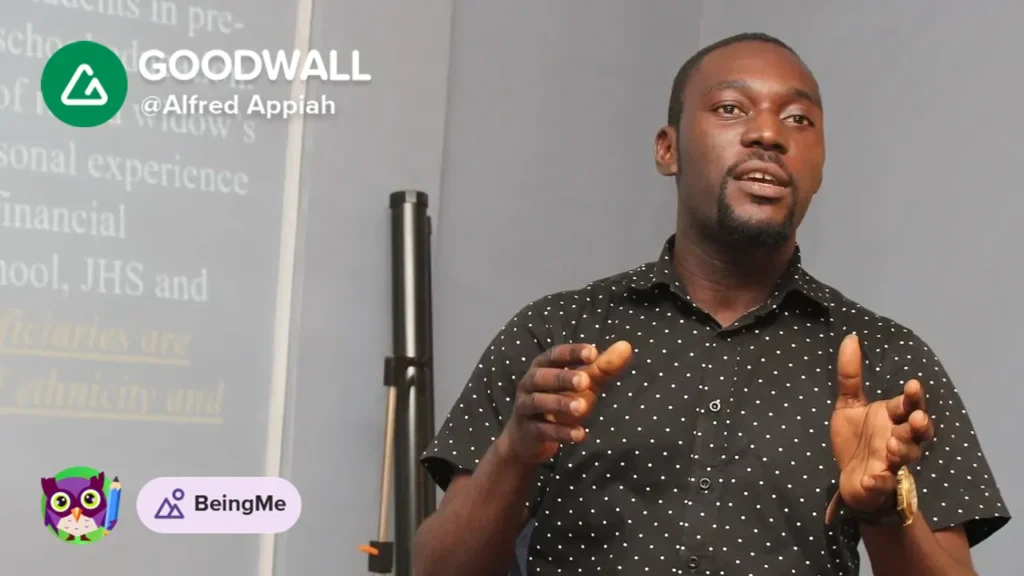
The Free Wi-Fi initiative was launched to boost access to digital learning resources and improve the administrative efficiency of educational institutions. However, Appiah believes its potential has been undermined by poor contract management and weak oversight.
He maintained that the lack of key performance benchmarks and the failure to enforce service-level agreements meant there was no reliable way to track the project’s success or hold the service provider to account.
He added that a credible path forward would include a full technical and financial audit before any decision on contract renewal is made, coupled with a comprehensive policy on public ICT service delivery.
READ ALSO: GUTA Rallies for Massive Lending Rate Cuts in 2026 Budget Push

